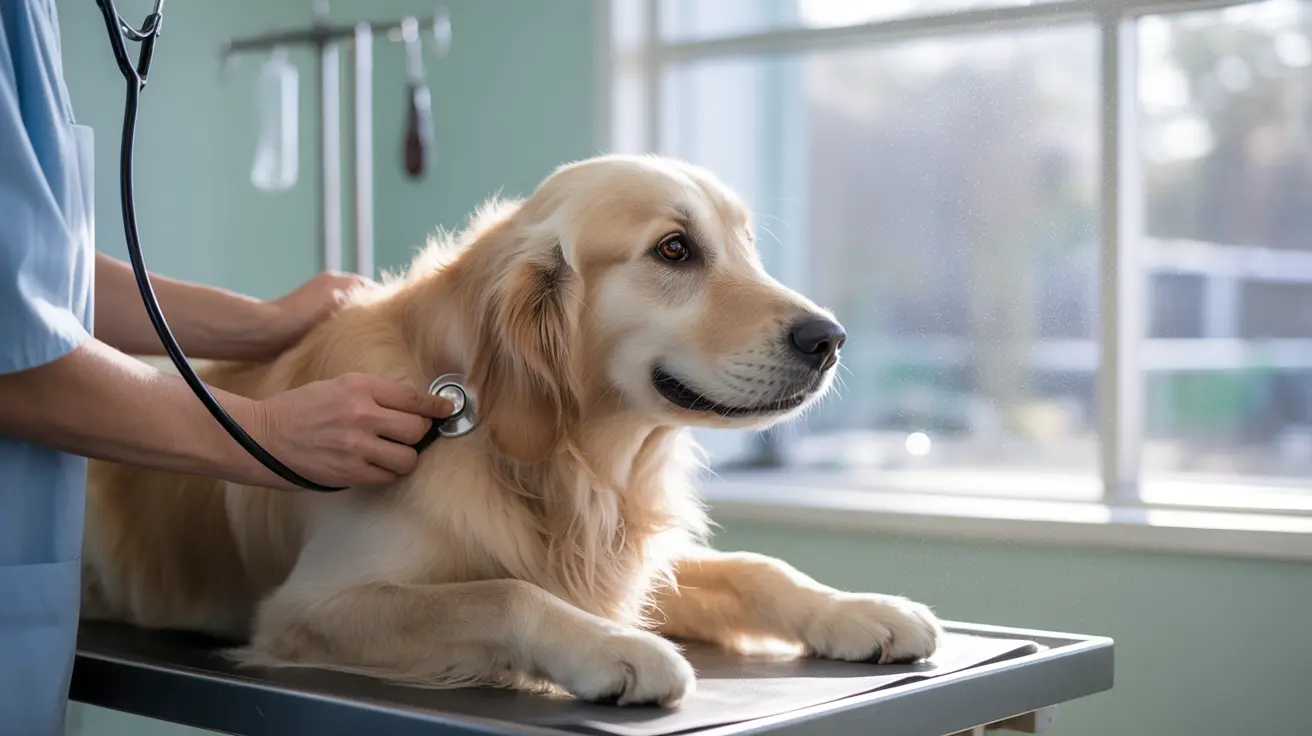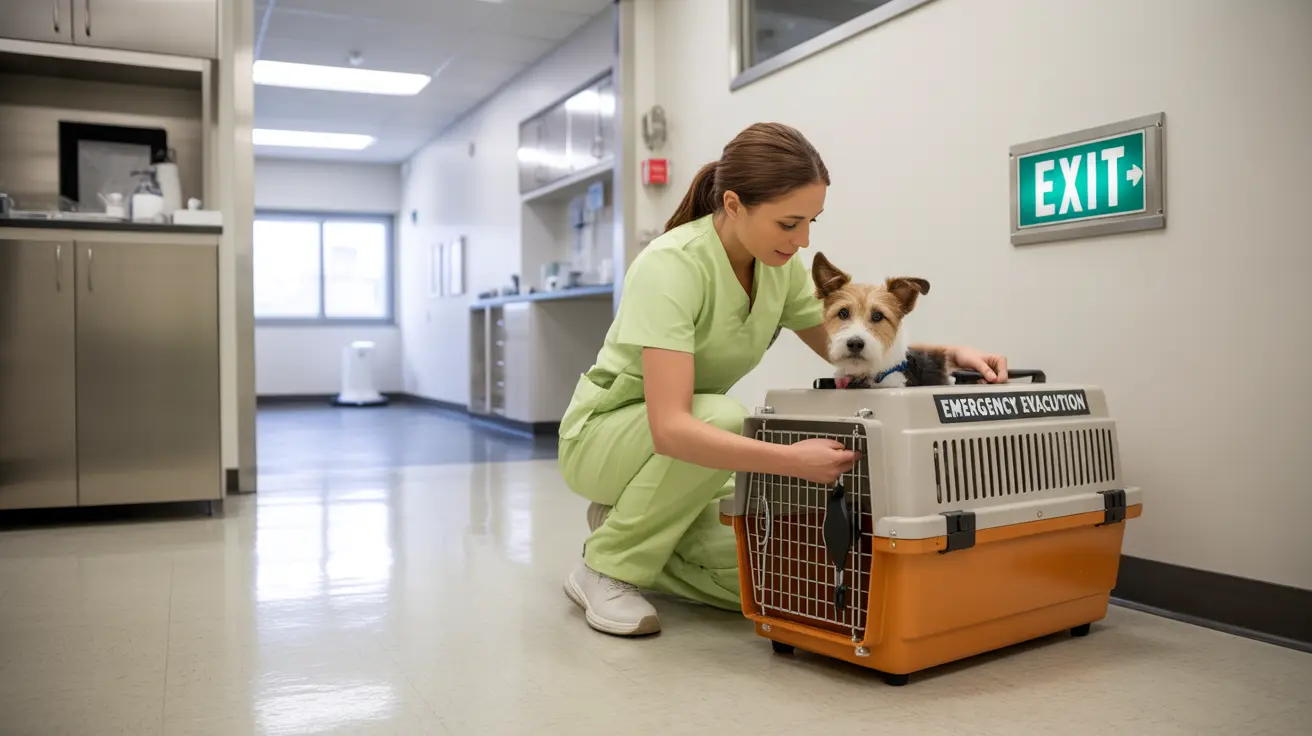How Long Can a Dog Go Without Pooping?
As a responsible pet owner, understanding your dog's digestive health is crucial to ensuring their overall well-being. One common concern among dog owners is how long a dog can go without pooping before it becomes a health issue. While bowel movement frequency varies by dog, breed, age, and diet, most dogs should have regular bowel movements at least once a day.
Normal Bowel Movement Frequency in Dogs
On average, a healthy dog should poop:
- Once or twice daily, depending on diet and exercise.
- Puppies typically poop more frequently—up to 5 times a day—due to faster metabolism.
- Senior dogs may poop less frequently depending on their level of activity and diet.
Consistency is key. If your dog usually has one bowel movement a day and suddenly doesn’t go for two days, that’s a red flag.
How Long Is Too Long?
Most dogs can go up to 48 hours without pooping without serious health risks. However, if your dog hasn’t pooped in over two days, it’s advisable to contact your veterinarian. Prolonged lack of bowel movements may indicate constipation or an underlying health issue.
Common Reasons Why Dogs Don’t Poop
- Dietary changes – Sudden shifts in food can disrupt your dog’s digestive system.
- Dehydration – Lack of water can cause dry stool that’s hard to pass.
- Lack of exercise – Physical activity stimulates digestion and regular bowel movements.
- Stress or anxiety – Emotional stress can affect gastrointestinal function.
- Medical issues – Obstructions, parasites, or neurological problems may inhibit bowel movements.
Signs Your Dog Might Be Constipated
Watch for these symptoms:
- No bowel movement in over 48 hours
- Straining or signs of discomfort when trying to poop
- Dry or hard stools
- Loss of appetite
- Lethargy or vomiting
If your dog exhibits these symptoms, a trip to the vet is necessary for diagnosis and treatment.
Preventing Constipation in Dogs
Here are several ways to help your dog maintain regular bowel movements:
- Feed a high-fiber diet – Fiber helps regulate digestion.
- Ensure adequate hydration – Always provide clean drinking water.
- Regular exercise – Daily walks and play increase gut motility.
- Maintain feeding schedules – Consistent mealtimes support digestive rhythm.
- Observe and monitor – Keep track of your dog’s bowel habits for any changes.
When to See a Vet
If your dog has gone longer than 48 hours without pooping and is showing signs of discomfort or other symptoms like vomiting or lethargy, contact your vet immediately. The vet may recommend diagnostic tests or treatments such as:
- Stool softeners or mild laxatives
- Manual removal if impaction has occurred
- Dietary changes or prescription food
- Fluids to combat dehydration
Conclusion
While it's common for dogs to occasionally skip a bowel movement, prolonging this beyond two days can point to constipation or underlying health issues. A healthy dog typically poops once or twice daily, and any deviation from that pattern should be addressed, especially if accompanied by other symptoms. Regular exercise, a well-balanced diet, and proper hydration are key to supporting your dog’s digestive health.





